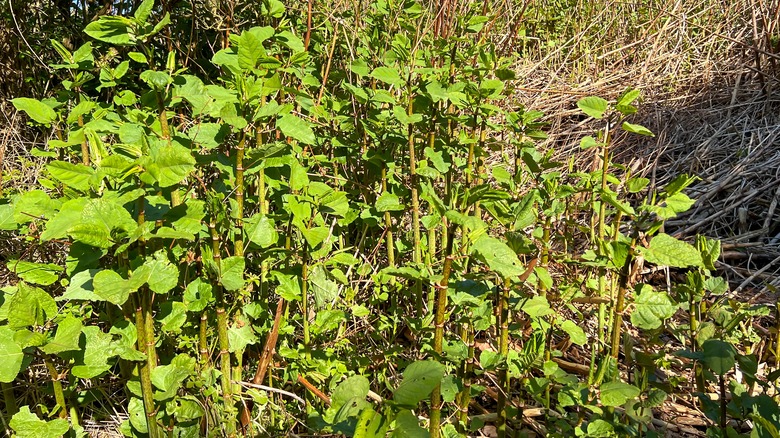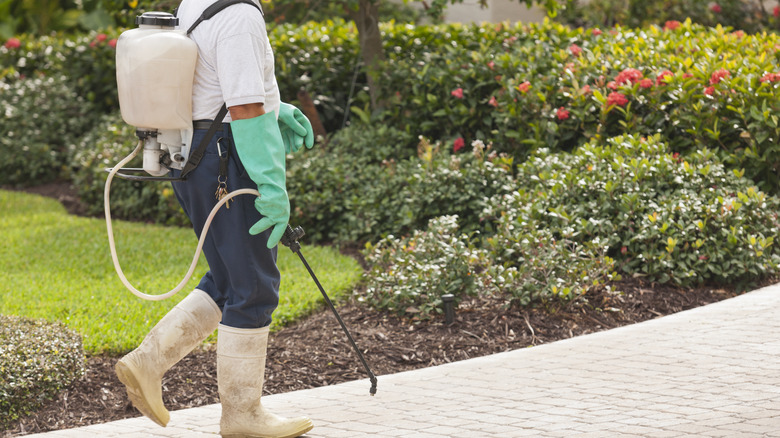Mistakes Commonly Made When Trying To Get Rid Of Japanese Knotweed
There are few garden discoveries more disappointing than realizing that the beautiful plant in your yard is actually Japanese knotweed (Polygonum cuspidatum), an invasive plant that is a problem in large portions of the United States. Many states list it as a noxious weed and having it in your yard can even lower your home's value if you sell your house. Considering how problematic Japanese knotweed is, you'll likely be in a rush to remove this white flowering weed as soon as you realize it has invaded your property, but be sure to do your research. Mistakes like failing to remove the whole plant including the roots, assuming mechanical control like pulling or digging up the plants will be enough to deal with a large knotweed problem, and using the wrong herbicides at the wrong time of year, can all cause you to waste your time and energy, and in some cases may even make your knotweed problem worse.
Because knotweed, like many invasive plants you should never grow on your property, spreads by rhizomes, it's essential to remove the entire plant including the rhizomes to prevent it from growing back. It's easy to assume you've removed knotweed, only to have the aggressive plant spring back up from a piece of root you didn't find. In fact, if you're dealing with a large amount of knotweed, you may not want to even try digging it out as this can easily just spread the fragments of roots and make the problem worse.
Avoid using the wrong herbicides when eliminating knotweed
While herbicides should rarely be a first resort when dealing with weeds in your yard or garden, they are often necessary when dealing with Japanese knotweed. Making the mistake of assuming your knotweed is gone because you pulled or dug it up can often set you up for disappointment in a few years, when the plant comes back even bigger than before. Therefore, most successful knotweed eradication programs involve some use of herbicides.
While Imazapyr-based herbicides are relatively effective against knotweed, they have a high potential of damaging other plants as well because they are non-selective. In some cases, glyphosate and triclopyr may also work in eradicating knotweed. Regardless of the herbicide you use, be sure to read and follow the directions carefully and try to spray your knotweed in autumn to increase the chance of the rhizomes being killed as well. Regardless of whether you used mechanical methods, chemical methods, or both to kill off your knotweed, you'll need to continue to keep an eye out for it for several years and be prepared to repeat treatments to fully eradicate it from your yard.

